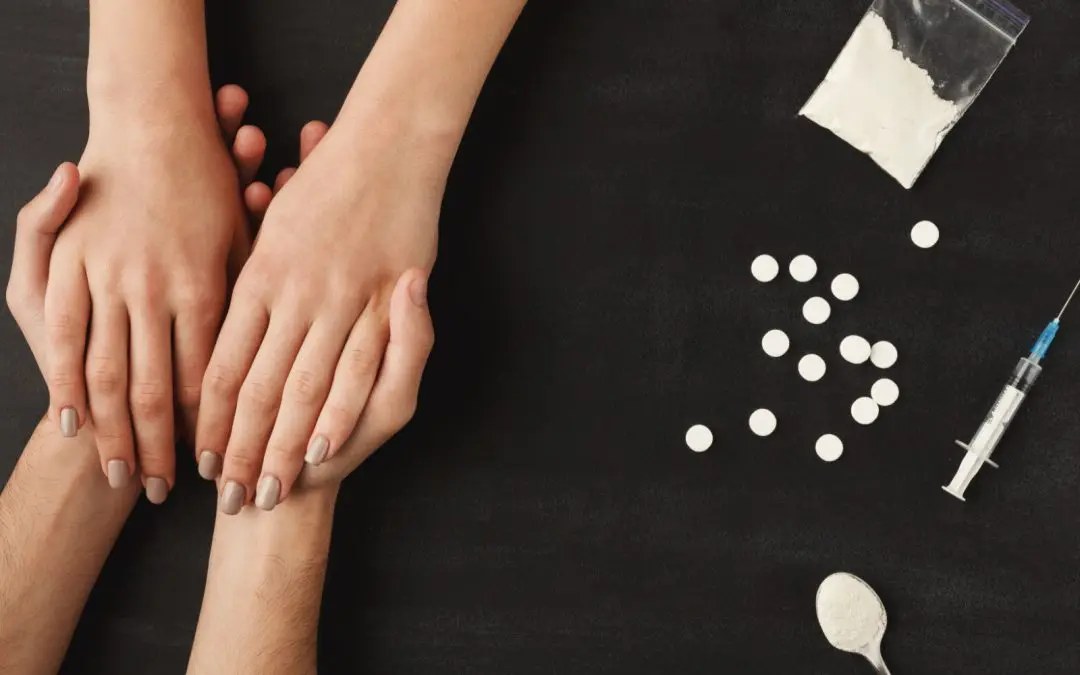24/7 Helpline:
(866) 899-221924/7 Helpline:
(866) 899-2219
Learn more about Stimulant Detox centers in San Juan County

Other Insurance Options

ComPsych

CareFirst

Self-pay options

Access to Recovery (ATR) Voucher

Cigna

Absolute Total Care

Anthem

Magellan

Molina Healthcare

Multiplan

Medical Mutual of Ohio

Coventry Health Care

CareSource

Sutter

BlueShield

Evernorth

Humana
Beacon

Sliding scale payment assistance

Regence

Seasons Counseling
Seasons Counseling is an outpatient treatment facility that helps individuals struggling with chemic...








